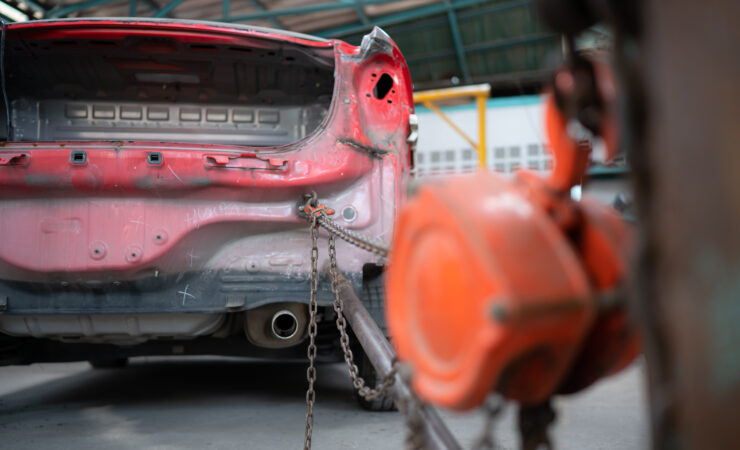Buying a car doesn’t have to break the bank. With careful planning and savvy shopping, you can find a reliable vehicle that fits your needs and budget. Whether you’re a student, a first-time buyer, or simply looking to save money, this guide will help you navigate the car-buying process without sacrificing quality or safety.
- Determine Your Needs and Priorities:
Before you start your search, take some time to assess your needs and priorities. Consider factors like:
- Size: How many passengers do you need to accommodate?
- Fuel Efficiency: Do you prioritize gas mileage?
- Reliability: Are you looking for a car with a good track record for reliability?
- Features: Which features are essential for you (e.g., air conditioning, power windows, backup camera)?
- New vs. Used: Are you open to buying a used car to save money?
- Set a Realistic Budget:
Once you know what you need, set a budget that you can comfortably afford. Consider not only the purchase price but also the ongoing costs of ownership, including insurance, fuel, maintenance, and repairs.
- Research and Compare Prices:
Research different car models that fit your criteria and compare prices from various dealerships and online sources. Look for deals, incentives, and rebates that can help you save money.
- Consider Used Cars:
Buying a used car can be a great way to save money. Look for certified pre-owned (CPO) vehicles, which come with extended warranties and have undergone rigorous inspections.
- Get Pre-Approved for Financing:
Getting pre-approved for a car loan gives you leverage when negotiating with dealers and helps you understand your budget constraints.
- Negotiate the Price:
Don’t be afraid to negotiate the price with the dealer. Research the car’s fair market value and come prepared with a reasonable offer. Be willing to walk away if the dealer won’t budge.
- Factor in Insurance Costs:
Before finalizing your purchase, get car insurance quotes for the specific make and model you’re considering. Insurance premiums can vary significantly depending on the vehicle.
- Consider Total Cost of Ownership:
When comparing car models, don’t just focus on the purchase price. Consider the total cost of ownership, including fuel costs, maintenance expenses, and potential repair costs. A more fuel-efficient or reliable car might save you money in the long run.
- Get a Pre-Purchase Inspection:
If you’re buying a used car, it’s crucial to have it inspected by a trusted mechanic before finalizing the purchase. This can reveal any hidden problems that could affect the car’s value or safety.
- Don’t Rush the Decision:
Take your time, do your research, and compare different options before making a final decision. Don’t feel pressured to buy a car on the spot.
Total Auto Care: Your Budget-Friendly Car Care Partner
At Total Auto Care, we understand the importance of finding a car that fits your budget. Our knowledgeable staff can help you research car models, compare prices, and provide pre-purchase inspections to ensure you’re getting a good deal. We also offer affordable maintenance and repair services to keep your car running smoothly after you’ve purchased it.




